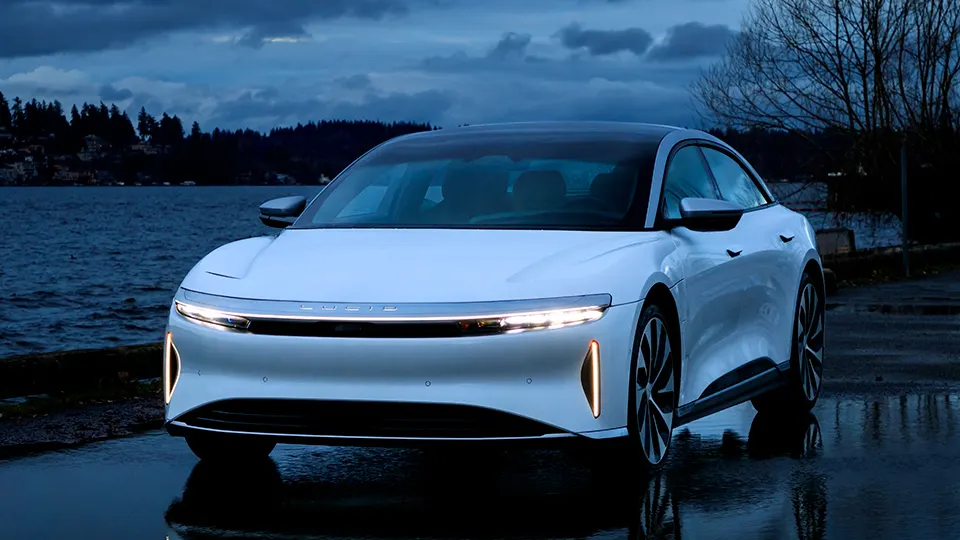The Growing Trend of Electric Cars Benefits and Challenges

There is a lot of information on the Internet about electric vehicles. However, some of it is misleading and confusing.
EVs offer lower operating costs. This is because electricity is generally cheaper than gasoline or diesel, and EVs have fewer moving parts that need maintenance.
Moreover, EVs reduce air pollution. Princeton’s models show that switching to EVs would avoid up to 170,000 premature deaths and $1.5 trillion in damages by 2050.
Cost-Effectiveness
Electric cars cost more upfront than conventional vehicles, but prices are likely to equalize as production volumes rise and battery technologies mature. Purchase prices may also be offset by fuel savings, federal tax credits, state and utility incentives.
EVs consume less maintenance than gasoline-powered vehicles and require fewer oil changes. But their batteries must be replaced every 3-10 years, adding to initial costs. Additionally, some EV owners must spend significant time waiting for their vehicles to recharge.
The weight of electric cars’ batteries is another concern for some consumers. But experts disagree about how much of an issue it will be. In crash tests, it appears that the extra weight actually benefits passenger safety. Plus, most roads, highways and bridges are built to withstand the weight of huge commercial trucks, which are much heavier than even the heaviest electric passenger vehicles. In fact, a higher average vehicle weight will likely benefit the nation’s aging infrastructure.
Reliability
When compared to gasoline cars, electric vehicles tend to have more problems according to owner surveys by Consumer Reports. These issues include battery and charging systems, as well as the motors used to drive them. Hybrids, however, perform much better in these rankings. The most reliable brands in CR’s rankings are Lexus, Mazda and Toyota. These three offer many hybrids and have been resistant to fully electric models, preferring instead to push hydrogen and fuel cell technologies.
The EV market leader Tesla went up four spots in CR’s brand rankings, though its Model 3, S and Y still had below average predicted reliability ratings. Other manufacturers saw their rankings dip. Among them was Mercedes, which fell to 24th place, largely due to problems with car electronics and their touchscreens. Even so, the survey found that most owners have very few problems with their EVs. Most issues can be fixed with a simple reboot or over-the-air software update.
Convenience
Whether you’re interested in combatting climate change or want to save money on fuel, an electric car is the way to go. These vehicles have a longer range than traditional gasoline cars and are less expensive to operate. In addition, they require less maintenance and are safer to drive because they don’t emit dangerous gases.
Electric car options are growing as manufacturers introduce new models. From futuristic-looking sedans like the Nissan Leaf and Hyundai Ioniq to luxury SUVs, such as the Chevrolet Blazer EV and Equinox EV; and even pickup trucks including the Ford F-150 Lightning and Rivian R1T; consumers have plenty of choices to suit their lifestyle and budget.
The high price tag, however, is a deterrent for many. Fortunately, governments offer incentives to promote EV ownership and help reduce the up-front cost. These initiatives are essential to accelerate the switch to zero-emission transportation. International collaboration is also vital in developing a sustainable battery supply chain.
Environmental Impact
The environmental impact of electric cars depends on how the vehicle is powered. If the electricity comes from a renewable source, or is obtained through carbon-free methods, the car produces no emissions at all. However, if the energy is obtained from fossil fuels like coal, there is an associated carbon footprint.
EVs have lower life-cycle emissions than conventional vehicles, even when taking into account the energy needed to manufacture and transport the battery. They also have significantly lower tailpipe emissions and have a much shorter fuel cycle than gasoline vehicles.
Nonetheless, EVs are still not the most environmentally friendly option. Their emissions advantage is more pronounced in countries where the power is generated from low-emissions sources, such as Norway or France. It will also depend on how long the EV is driven and whether or not it is recharged with renewable electricity. EVs can also emit more tire and road dust particulate pollution. However, this can be mitigated by regenerative braking, which reduces the need to replace brake pads.